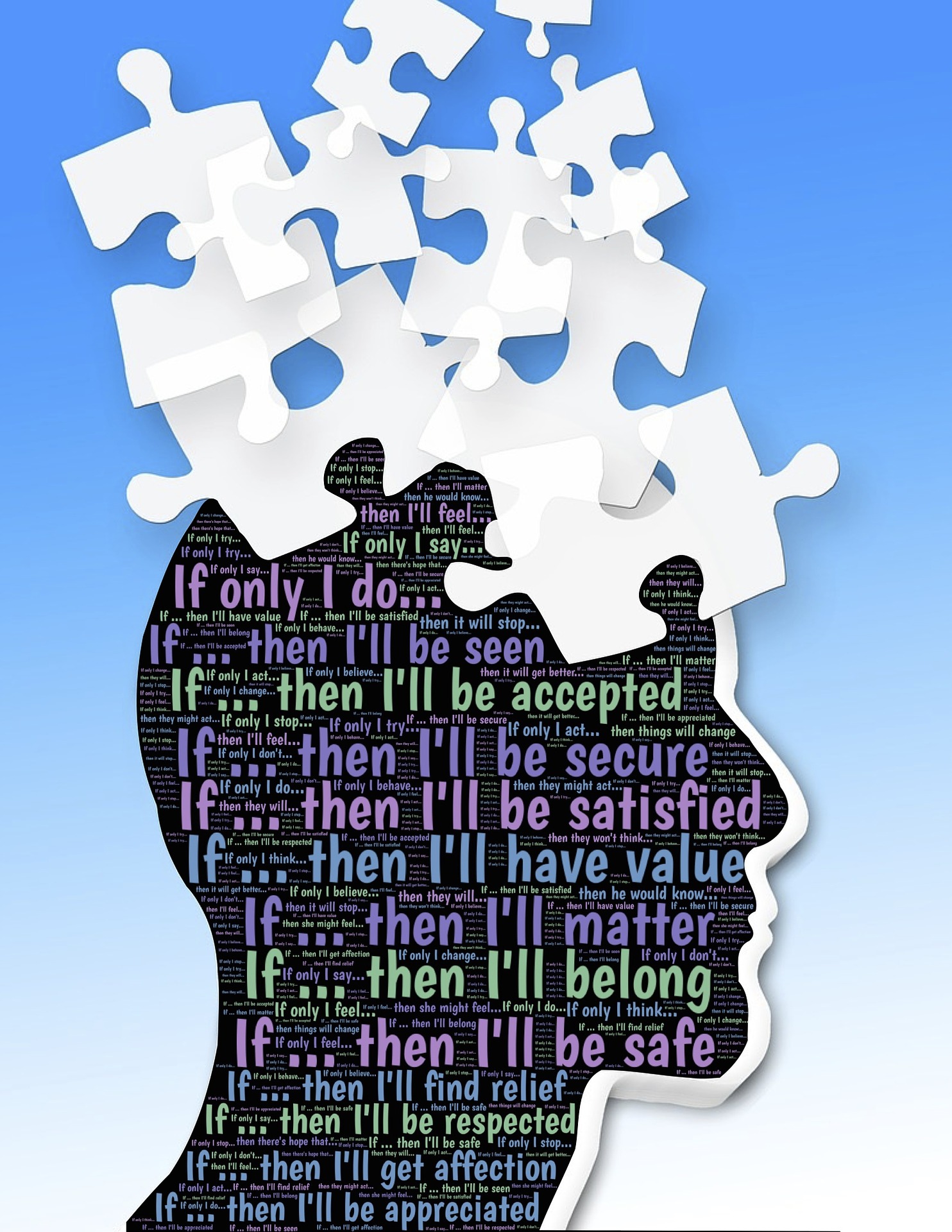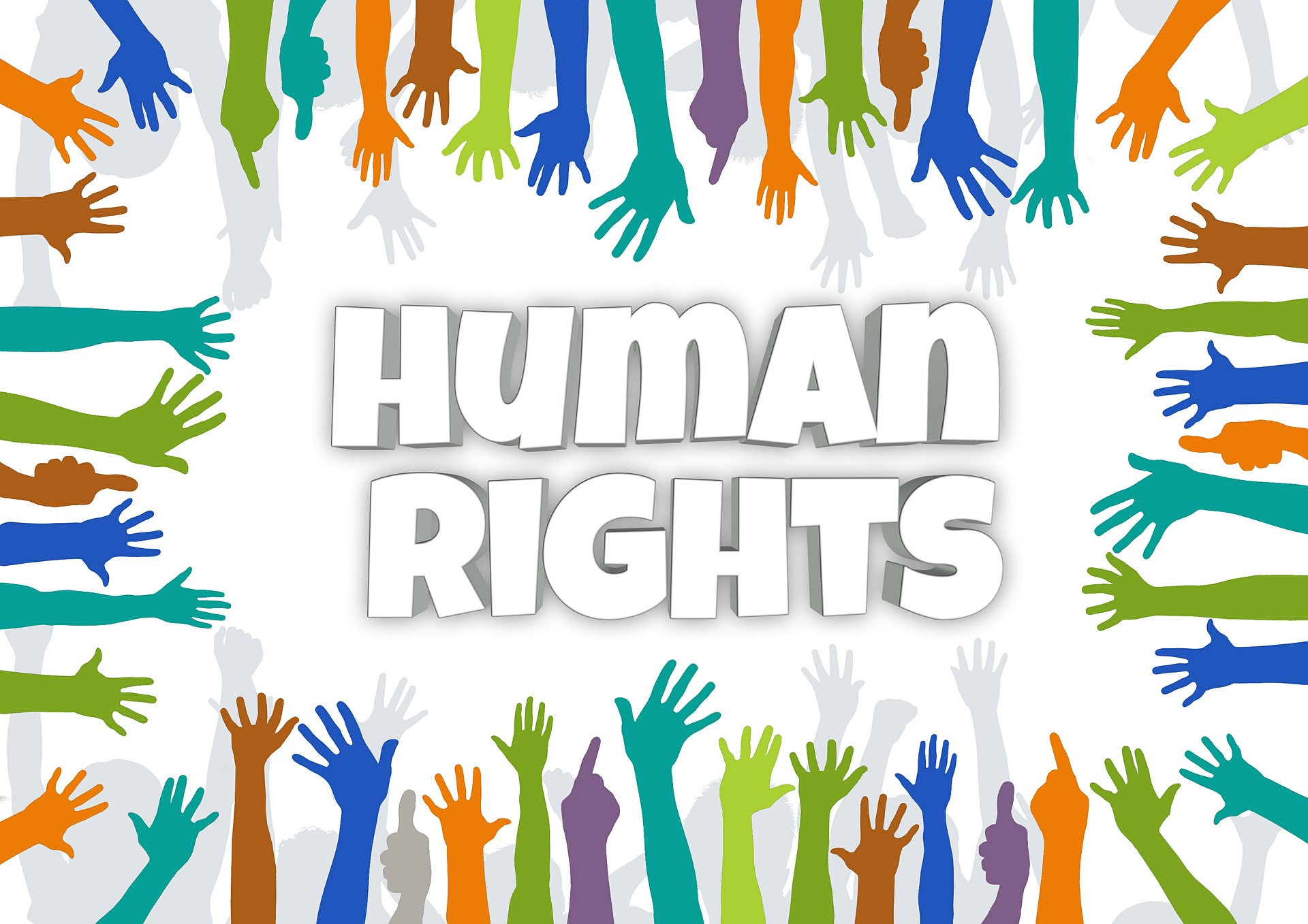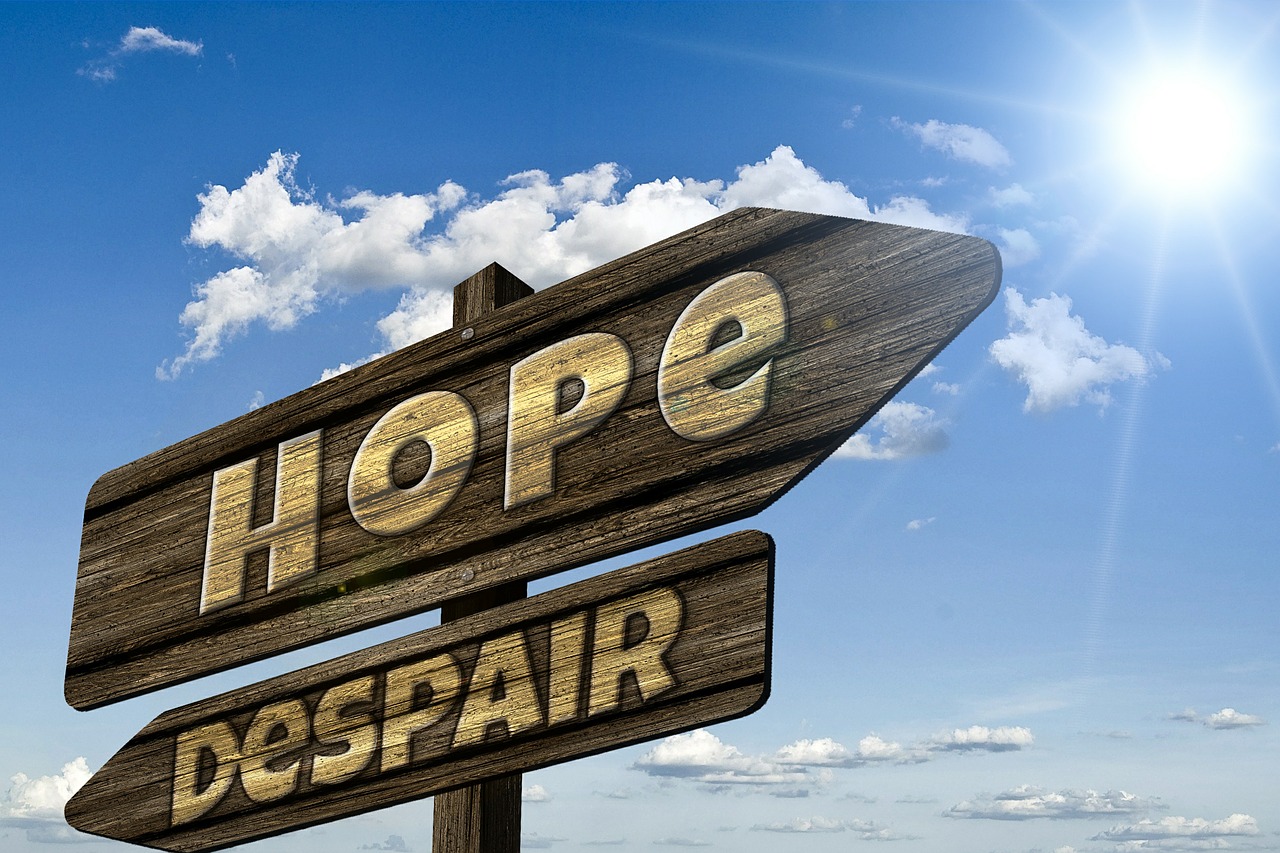The transgender community faces extraordinary challenges. Struggling with the internal gender identity battle seems challenging enough, but after youve come to terms with your gender identity and decided to live as your authentic self, you may face discrimination, judgment, and even violence.
According to the Center for American Progress, It is estimated that between 20 percent to 30 percent of gay and transgender people abuse substances. Contrasted with the estimated nine percent of the general population that struggles with some form of addiction, its clear that the risk of addiction is much higher among the LGBT community.

Whether youre a transgender person struggling with addiction or someone concerned about the health and safety of a loved one, the information in this guide will provide hope for the future and arm you with the knowledge and resources you need to embrace your identity and live as your authentic self while overcoming addiction.
What youll find in this guide:
- Statistics on Addiction in the Transgender Community
- Contributing Factors to Addiction in the Transgender Community
- Equal Access to Healthcare and Essential Human Needs: Key Challenges Facing the
- Transgender Community
- The Future of Healthcare Access in the Transgender Community
- The Future of Addiction Treatment and Recovery in the Transgender Community
- Getting Treatment: Looking Towards Hope for the Transgender Community
- Other Helpful Resources for the Transgender Community
- General Resources on Addiction
Statistics on Addiction in the Transgender Community
The resources in this section closely examine the statistics surrounding addiction in the transgender community, including rates of specific addictive behaviors such as tobacco use, alcohol, and drugs. Additionally, information on the disparity in the lack of access to quality healthcare services is provided.
When most people think of addiction, they think of drugs and alcohol, or perhaps gambling. Many people dont think about tobacco use, but nicotine ranks third among the most addictive substances, behind only heroin and crack cocaine, according to PreventDisease.com.
Tobacco use is quite prevalent in LGBT populations; according to an October 2011 report from the National LGBT Tobacco Control Network, the incidence of smoking among LGBT people is believed to be between 35% and 200% higher than that of non-LGBT people. The organization offers a robust resource library with access to the latest research reports, findings, and approaches to preventing tobacco use.
According to National Health Executive, The Center for American Progress found that over 25% of trans people misused drugs, including alcohol, specifically to cope with the discrimination they faced due to their gender identity or expression. Among the trans individuals responding to AUDIT-C questions in this survey, 62% provided responses that are indicative of alcohol dependency.
According to The Fix, while on the surface drug and alcohol rehabilitation options seem plentiful, the reality for trans people is that medical professionals are frequently uneducated about the specific needs of transgender people. Trans people who do seek treatment for substance abuse or addiction may be directed to inadequate or ineffective services.
Precise statistics are not widely available on the rates of drug and alcohol abuse and addiction in the transgender population specifically, due in part to the little national data available overall but also because the number of people who are transgender is itself an estimate. Thats because many transgender people do not publicly identify as transgender, instead of suffering the emotional struggles of gender dysphoria alone.
 Contributing Factors to Addiction in the Transgender Community
Contributing Factors to Addiction in the Transgender Community
What makes a transgender person more likely to develop an addiction compared to the population at large? In this section, we examine the factors that contribute to increased risk of addiction in the transgender community and how those factors play a role in addictive behaviors.
The Center for American Progress offers some insight into the possible contributing factors that leave the transgender community at higher risk for addiction than the general population. Some potential contributing factors include:
- The experience of living as a trans individual in a society that, despite increased awareness, lacks complete acceptance;
- Difficulties accessing healthcare as a trans person;
- Common and frequent exposure to drugs and alcohol;
- Targeted marketing by alcohol and tobacco companies that exploits the bars and clubs that provide not only safe spaces for LGBT people to socialize but also easy access to drugs and alcohol.
The social conditions that exist for trans people lead to numerous negative effects that harm them every day, explains Recovery Now. Dealing with prejudice on multiple levels, as well as living in a country with laws and policies that are discriminatory has devastating consequences. The article further explains that prejudices may be expressed in different ways from hurtful remarks to outright violence and living in such an environment every day leads to constant feelings of stress and anxiety.
As a result, a trans person may start avoiding certain places, people, or social situations entirely to prevent such encounters. Coupled with the general life difficulties created by discrimination in housing, employment, and healthcare, life as a trans person can be extraordinarily difficult every day. Thus, some transgender people attempt to escape from constant fear and anxiety by using drugs and alcohol.
The National Alliance on Mental Illness (NAMI) points out that members of the LGBT community are three times more likely than the general population to experience a mental health condition, such as depression or anxiety. NAMI explains, This fear of coming out and being discriminated against for sexual orientation and gender identities, can lead to depression, post-traumatic stress disorder, thoughts of suicide and substance abuse.
In addition to facing societal stigma and bias based on their gender identity, these transgender people are also suffering stigma and judgment based on their mental health condition. As a result, many hide their mental health problems or dont talk about them, leading to an overall lack of awareness about mental health conditions and, frequently, a failure to seek treatment and support.
Equal Access to Healthcare and Essential Human Needs: Key Challenges Facing the Transgender Community
Despite an increase in transgender awareness, there continue to be obstacles for transgender individuals seeking addiction treatment and recovery resources. In this section, we examine information surrounding the lack of resources for the transgender community and resources that point to solutions.
A February 2015 article from the Administration for Children & Families, a part of the U.S. Department of Health and Human Services, summarizes recent reports that highlight the human services needs of the LGBT populations. The article points out that one key challenge in providing more comprehensive services to LGBT people is that theres a lack of relevant research that can serve to guide approaches to better service delivery. Also discussed is the 2008 Recognize, Intervene, Support, and Empower (RISE) Report, a substantial effort to address the barriers to permanency experienced by LGBTQ (lesbian, gay, bisexual, transgender, questioning) youth in foster care.
The National LGBTQ Task Force conducted a National Transgender Discrimination Survey Report on Health and Health Care in October 2010, noting, Transgender and gender non-conforming people frequently experience discrimination when accessing health care, from disrespect and harassment to violence and outright denial of service. The report includes some significant findings, such as:
- 19% of survey respondents reported that they had been refused care due to their transgender or gender non-conforming status.
- 28% experienced harassment in medical settings.
- 50% say they have had to teach a medical provider about transgender care.
- Many respondents reported having postponed medical care when they were sick or injured, 28% because of discrimination and 48% because they could not afford care.
- More than 25% of respondents have misused drugs or alcohol to cope with discrimination theyve experienced due to their gender identity or expression.
Employment challenges contribute to health disparity, according to data from the National LGBTQ Task Forces Preliminary Findings report, which outlines critical data discovered in the National Transgender Discrimination Survey referenced above. The findings indicate that 13% of respondents were unemployed double the national unemployment rate at the time of the survey.
More than one-quarter of respondents (26%) say they lost their jobs due to being transgender. Further, the report explains, Forty-seven percent (47%) of survey respondents experienced an adverse job action because they are transgenderthey did not get a job, were denied a promotion or were firedthat directly impacted their employment status.
Unemployment, or difficulty obtaining gainful employment opportunities, directly translates to health disparities in the transgender community. The report states that while respondents in the sample are uninsured at the same rate as the general population (19%), only 40% of the sample is insured through employer-sponsored coverage compared to 62% of the general population.
The LGBT Foundation outlines a multitude of key statistics related to the obstacles the transgender community may face in daily life. According to research from 2007, 17% of transgender people have been refused services by a physician or nurse because the provider did not approve of gender reassignment. Whats more, 29% felt that being trans adversely affected the way they were treated by health care professionals.
About one-fifth (21%) of transgender people start the transition process by seeking help from a knowledgeable general practitioner (GP), according to research from the LGBT Foundation. However, 21% of those who do seek help from a GP to begin the process of sexual reassignment surgery doesnt actually receive help and in 6% of cases, they are met with an outright refusal to help from the GP.
 The Future of Healthcare Access in the Transgender Community
The Future of Healthcare Access in the Transgender Community
In the last section, we examined resources and statistics that paint a grim picture for the transgender community regarding accessing essential needs, such as housing, employment, and healthcare. The resources below include information on the increasing awareness of the disparities that exist in the transgender community and efforts to close the gaps.
HealthyPeople.gov (https://www.healthypeople.gov/2020/topics-objectives/topic/lesbian-gay-bisexual-and-transgender-health?topicid=25) recognizes the disparity in access to health and social services in the LGBT community, noting that discrimination has been associated with higher rates of psychiatric disorders, substance abuse, and even suicide. There are efforts underway to improve access to healthcare for the LGBT community, including:
- Gathering sexual orientation and gender identity (SOGI) data in surveys to gain greater insight into health disparities in the LGBT community.
- Arming providers with the skills to appropriately inquire about and be supportive of patients sexual orientation and gender identity with the goal of improving the patient-provider relationship and encouraging the regular use of care.
- Adequate training for medical students to increase the quality of culturally competent care.
- Implementing and strengthening anti-bullying policies and programs in schools.
- Implementing supportive social services programs to reduce homelessness and suicide in youth populations.
- Providing effective interventions to prevent human immunodeficiency virus (HIV)/sexually transmitted infections (STIs).
The U.S. Department of Health and Human Services (HHS) provides information on health and well-being for lesbian, gay, bisexual, and transgender Americans. They are working to ensure that LGBT Americans, families, and communities receive equal access to health services by providing enhanced resources for LGBT health issues; developing better information regarding LGBT health needs; and working to close the LGBT health disparities gap that currently exists. HHS works to improve the health resources available to LGBT Americans, and many such efforts and achievements are outlined here.
You can also find information from HHS about how the Affordable Care Act provides all Americans, including LGBT Americans, with improved access to health coverage. Learn more about non-discrimination efforts from HHS and how the Affordable Care Act is significantly improving access to health coverage for the transgender community as well as all LGBT Americans.
The National Institutes of Health issued a Strategic Plan to Advance Research on the Health and Well-being of Sexual and Gender Minorities from 2016-2020.
The National Network to Eliminate Disparities in Behavioral Health (NNED) is an organization that strives to achieve behavioral health equity for individuals, families, and communities. The NNEDs mission is to build a national network of diverse racial, ethnic, cultural and sexual minority communities and organizations to promote policies, practices, standards, and research to eliminate behavioral health disparities. The organization works collaboratively with network members to encourage and support information sharing, training, and technical assistance among organizations and communities dedicated to the behavioral health and well-being of diverse communities.
 Getting Treatment: Looking Towards Hope for the Transgender Community
Getting Treatment: Looking Towards Hope for the Transgender Community
This section outlines information and provides resources for transgender individuals seeking treatment for addiction and support for recovery.
LGBT Drug Rehab is an organization esteemed for its approach to treating the whole person by treating both addiction and mental health issues together, as most alcoholics and drug addicts suffer from at least one other co-morbid condition such as depression, self-esteem deficiencies, anxiety or panic disorders, eating or body dysmorphic disorders, or another type of mental illness. These co-occurring conditions not only make a person more likely to seek out drugs or alcohol to escape from their symptoms, but they can hinder recovery if not treated along with the addiction.
The Trevor Project is the leading national organization providing crisis intervention and suicide prevention services to LGBTQ youth between the ages of 13 and 24. The Trevor Project was founded by the creators of the award-winning short film, TREVOR, in 1998. The Trevor Project covers news, hosts events, provides workshops, training, and education, resources and support, and quick access for those seeking help. Trained counselors are available 24/7 on the Trevor Lifeline at 866-488-7386 for those in crisis, feeling suicidal, or in need of a safe, judgment-free place to talk, and the service is free.
Milo Scanlon, a transgender man who writes for The Toast, discusses the challenges for trans people in accessing appropriate rehabilitation services. Scanlon explains that he managed to overcome his own addiction by taking advantage of the free 12-step programs and support systems that are available in nearly every community throughout the United States. However, outpatient treatment is not adequate for every individual struggling with addiction.
Another resource Scanlon recommends is the Trans Lifeline, a 501(c)3 non-profit dedicated to the well-being of transgender people. The Lifeline is staffed by transgender volunteers who are available to help and respond to any needs any member of the transgender community may have.
Rehabs.com offers information on finding treatment centers that serve the needs of the LGBT community. The organization provides tips on how to choose a rehab center or treatment option as well as a search option to find appropriate rehabilitation centers as well as a toll-free number and live chat option for personalized help finding rehab options.
RecoveryConnection.org is a resource designed to help those struggling with addiction find the best treatment options for their needs, including resources to help you find a rehab option with a specialized LGBT program.
Recovery.org offers a similar service, with in-depth information regarding the unique treatment needs in the transgender community, advice and options for searching for the best rehabilitation centers for your unique needs.
 Other Helpful Resources for the Transgender Community
Other Helpful Resources for the Transgender Community
While there continues to be a long road ahead for the transgender community to gain full acceptance without discrimination, there has been some progress. The following resources offer information on the government agencies, efforts, and private and public organizations that are making strides for the transgender community in terms of rights, access to healthcare, housing, and other essential needs, and improving access to support services that aim to reduce the rate of addiction and improve treatment options.
The Substance Abuse and Mental Health Services Administration (SAMHSA) website has a section dedicated to research, publications, and resources for the LGBT community, including in-depth resources for healthcare and mental health providers.
The LGBTQIA Healthcare Guild is a robust information portal including links to and information on thousands of valuable resources for the LGBTQIA community. A massive A to Z index and category filtering makes it easy to locate any resource for any need related to addiction, recovery, mental health, and much more.
The American Institutes for Research (AIR) LGBTQ Training and Technical Assistance provides training and technical assistance to federal, state, and local agencies in health, behavioral health, public health, education, child welfare, homelessness and housing, and juvenile justice with the goal of strengthening and integrating systems serving LGBTQ youth. According to research, family and peer rejection have a substantial impact on the mental health and well-being of LGBTQ youth, and AIR works to improve available services as well as outcomes in both health and mental health.
The Association of Lesbian, Gay, Bisexual, Transgender Addiction Professionals and Their Allies (NALGAP) is an organization focused on the prevention and treatment of addictions in LGBTQ communities by providing information, training, advocacy, networking, and support for health professionals, individuals in recovery, and others concerned about the health of LGBTQ communities. Founded in 1979, NALGAPs mission is to confront all forms of oppression and discriminatory practices in the delivery of services to all people and to advocate for programs and services that affirm all genders and sexual orientations.
The American Psychological Association (APA) Lesbian, Gay, Bisexual and Transgender Concerns Office aims to advance the creation, communication and application of psychological knowledge on gender identity and sexual orientation to benefit society and improve lesbian, gay, bisexual and transgender peoples lives. The website includes a variety of resources, news, and reports, as well as links to programs and projects.
The National Institutes of Health Office of Equity, Diversity, and Inclusion offers resources on Sexual and Gender Minority issues. According to the organizations website, Research opportunities in SGM health span the interests of a number of NIH institutes, centers, and offices (ICOs). The NIH SGM Research Coordinating Committee, a trans-NIH committee, facilitates and coordinates collaborations and other activities related to SGM health across the NIH ICOs and the Department of Health and Human Services.
General Resources on Addiction
While not specifically targeted to LGBT or transgender people, these resources are helpful to anyone struggling with addiction or with a loved one struggling with addiction.
The National Council on Alcoholism and Drug Dependence offers access to resources for those seeking emergency help, getting help for yourself or a loved one, and finding local treatment assistance.
The Partnership for Recovery provides information on intervention services, addiction help for teens, treatments for alcoholism, drug addiction counselors, and 90-day rehab programs.
The National Institute on Drug Abuse is a leading organization providing an abundance of resources and information, including trends and statistics, reports on the latest scientific research and discoveries related to addiction, news and events, publications, and thorough information on all types of drugs with the potential for abuse.
National Families in Action is an organization focused on the impacts of addiction on families and resources for families to fight the battle against addiction.
The Center for Substance Abuse Research (http://www.cesar.umd.edu/) is an information portal providing the latest news and research on addiction. This helpful resource is especially valuable for families of individuals struggling with addiction, providing insights on the latest trends in substance abuse including information on synthetic drugs and other new addictive substances.
The National Center on Addiction and Substance Abuse offers information on prevention, treatment, and science, as well as resources for understanding addiction.
Resources and Information on Transgender Addiction
There is much work to be done in gaining greater awareness and acceptance for the transgender community. While many roadblocks continue to exist and prevent many transgender people from seeking healthcare and addiction treatment, there are multiple government and public organizations aiming to bridge the gaps and increase access to essential services, eliminate discrimination, and promote equality for the transgender population. If youre struggling with addiction, there is hope. The resources and information provided in this guide will help you identify the right assistance to get you on the road to recovery all while continuing to embrace your true identity.


 Contributing Factors to Addiction in the Transgender Community
Contributing Factors to Addiction in the Transgender Community
 The Future of Healthcare Access in the Transgender Community
The Future of Healthcare Access in the Transgender Community Getting Treatment: Looking Towards Hope for the Transgender Community
Getting Treatment: Looking Towards Hope for the Transgender Community Other Helpful Resources for the Transgender Community
Other Helpful Resources for the Transgender Community